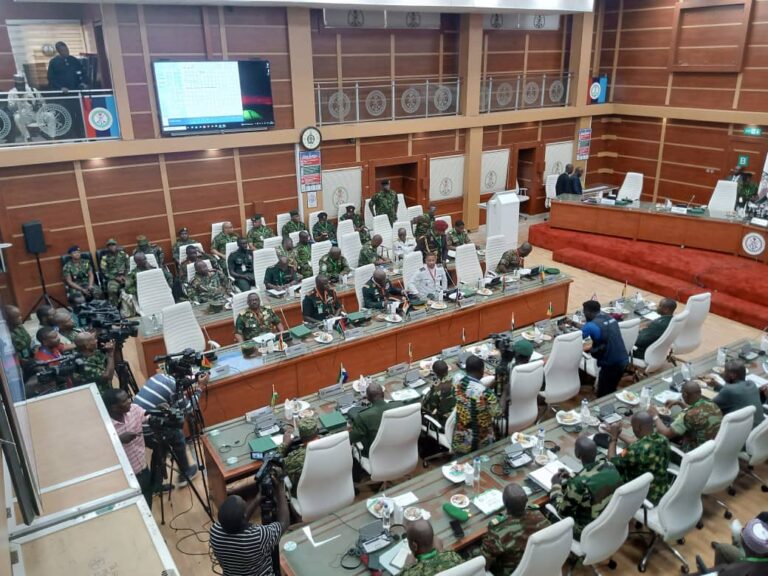
The ECOWAS Court of Justice has delivered a judgement in a suit brought by a Liberian political party, the True Whig Party (TWP), alleging the violation of its rights to property, fair hearing, and effective remedy by the Republic of Liberia.
Delivering its judgement, the court declared it had jurisdiction to entertain the matter. It also declared that the applicant’s application was admissible but, however, ruled that there was no violation of the right to property by the Republic of Liberia.
The lawyer for the applicant averred that the True Whig Party was founded in 1869, registered as a political entity in Liberia and was the ruling party until 1980 when the Armed Forces of Liberia (AFL) orchestrated a coup.
The party claimed that 13 of its members were summarily executed, and its headquarters, the E.J. Roye Building, was confiscated by the Peoples Redemption Council (PRC), the self-styled military government.
The applicant argued that despite an amendment to the decree that allowed the return of the confiscated building, the respondent did not return the property, and its subsequent offer to buy the building for $600,000 was refused.
It further explained that afterwards, the respondent entered into a questionable Memorandum of Understanding (MoU) with former party members who received $130,000 in 2013, though their tenure had expired.
The applicant said it also opposed the respondent’s attempt to change ownership of the property to that of the National Oil Company (NOCAL), a state agency.
It contended that the confiscation violated its rights, particularly rights to fair hearing and property under the Liberian Constitution, the African Charter on Human and Peoples’ Rights, and international treaties.
It asked the court to make a declaration that the forceful takeover of the applicant’s headquarters, the E. J. Roye Building in Monrovia, Liberia, was illegal and violated its fundamental right. It also sought an order from the court directing the respondent to pay $10 million to the applicant as aggravated and general damages.
On its part, the respondent, the State of Liberia, acknowledged the killing of the party’s leaders and the confiscation of properties, including the party’s headquarters building, which is the subject matter of the case.
The respondent said it sought reconciliation when it made a gratuitous payment of $225,000 for the party’s relocation and rebuilding and insisted the applicant was bound by the MoU, indicating the applicant had leased the property to another establishment. It urged the court to declare the application inadmissible due to a prior ruling of the Supreme Court of Liberia on the same subject matter, adding that the application was an abuse of court process.
In its judgement, the court held that the applicant failed to prove that its right to a fair hearing, guaranteed under Article 7 of the African Charter, had been violated by the respondent.
On the allegation of violation of the applicant’s right to property (ownership of the E.J. Roye Building), the court noted that the applicant’s claim was unsubstantiated and declared that the respondent did not violate the applicant’s right to property as guaranteed by Article 14 of the African Charter.
The judgement was delivered by the Judge Rapporteur, Justice Dupe Atoki. Other judges on the panel were justices Sengu M. Koroma and Ricardo Claúdio Monteiro Gonçalves.


